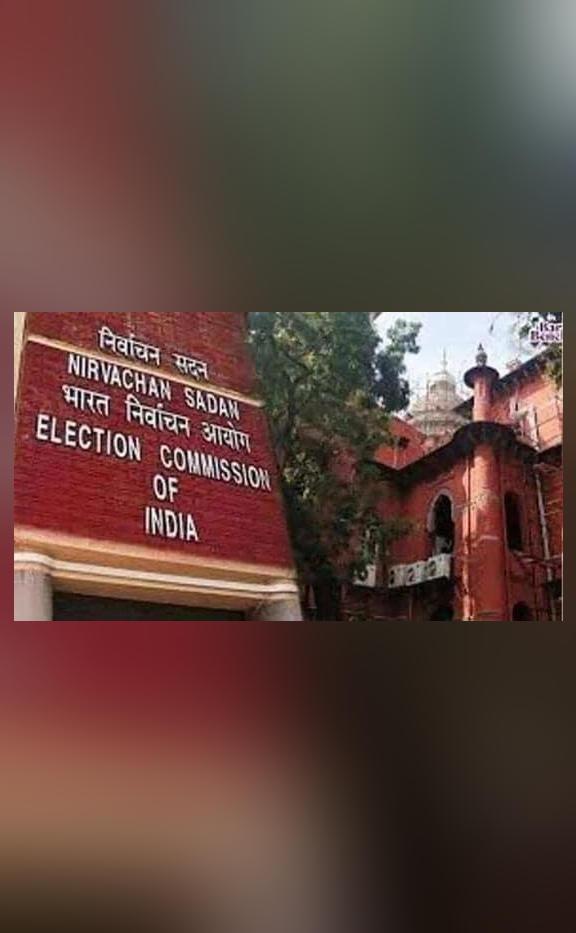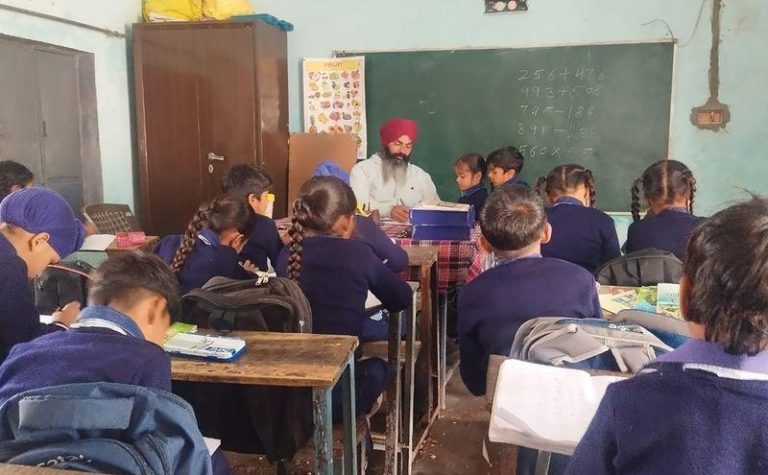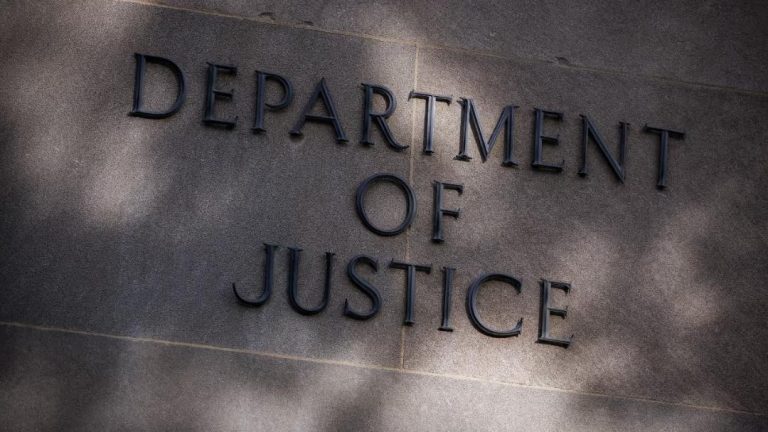
Aadhaar, Voter ID & Ration Cards Can’t Be Considered for SIR: ECI
In a recent development, the Election Commission of India (ECI) has rejected the suggestion made by the Supreme Court to accept Aadhaar, voter ID, and ration cards as standalone proof of voter eligibility in the ongoing special intensive revision (SIR) of Bihar’s electoral roll. The poll body has reiterated that these documents cannot be considered as proof of voter eligibility and instead, only a passport, driving license, or a documentary evidence of residence can be accepted as proof of eligibility.
The ECI’s decision comes after the Supreme Court recently suggested that Aadhaar, voter ID, and ration cards could be used as proof of voter eligibility in the SIR process. The court’s suggestion was made in response to a petition filed by a group of citizens who claimed that the process of verifying voter eligibility was cumbersome and time-consuming.
However, the ECI has made it clear that these documents are not sufficient to prove a person’s eligibility to vote. The poll body has emphasized that the SIR process is aimed at ensuring the accuracy and completeness of the electoral rolls, and any document that is not specifically listed in the electoral rules cannot be accepted as proof of eligibility.
The ECI has also clarified that a person’s citizenship will not terminate on account of not being part of the electoral rolls. The poll body has emphasized that every citizen has the right to vote, and being part of the electoral rolls is a separate issue from one’s citizenship.
The SIR process is a critical component of the electoral process, aimed at ensuring that the electoral rolls are accurate, updated, and reflect the current demographic changes in the country. The process involves verifying the eligibility of voters, identifying duplicate entries, and deleting dead or migrated voters from the electoral rolls.
The ECI’s decision to reject the Supreme Court’s suggestion has been welcomed by many, who have expressed concerns that accepting Aadhaar, voter ID, and ration cards as proof of eligibility could lead to a surge in fake voter registrations. The poll body’s decision has been seen as a move to ensure the integrity and transparency of the electoral process.
In recent years, the electoral process in India has faced several challenges, including fake voter registrations, booth capturing, and violence at polling stations. The ECI has been working to address these issues and ensure a free and fair electoral process.
The SIR process is a critical step towards ensuring the accuracy and completeness of the electoral rolls. The ECI’s decision to reject the Supreme Court’s suggestion is seen as a move to ensure the integrity of the electoral process and prevent any attempts to manipulate the rolls.
In conclusion, the ECI’s decision to reject the Supreme Court’s suggestion to accept Aadhaar, voter ID, and ration cards as proof of voter eligibility is a welcome move. The poll body’s decision has been seen as a move to ensure the integrity and transparency of the electoral process, and prevent any attempts to manipulate the rolls. The SIR process is a critical component of the electoral process, and the ECI’s decision will ensure that the electoral rolls are accurate, updated, and reflect the current demographic changes in the country.






